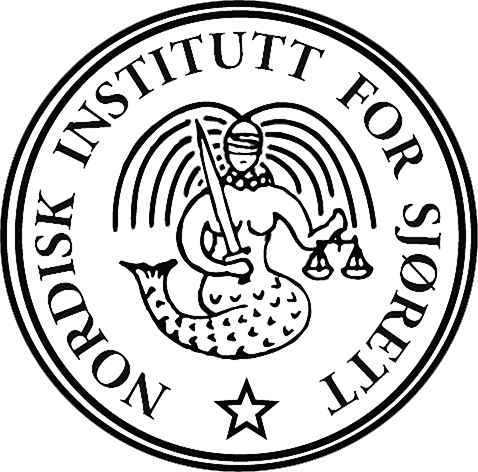SIMPLY 2020

Marius No. 551
Sjørettsfondet
Nordisk institutt for sjørett
Universitetet i Oslo
© Sjørettsfondet, 2021
ISSN: 0332-7868
Sjørettsfondet
University of Oslo
Scandinavian Institute of Maritime Law
P.O. Box 6706 St. Olavs plass
5 N-0130 Oslo
Norway
Phone: 22 85 96 00
E-post: sjorett-adm@jus.uio.no
Internet: www.jus .uio .no/nifs
Editor: Professor dr. juris Trond Solvang –
e-mail: trond.solvang@jus .uio.no
Digital Publishing: Aksell AS
Editor's preface
As with earlier issues of the Institute's Yearbook, also this issue, covering the year 2020, contains articles depicting the Institute's diverse legal areas.
Thor Falkanger's article covers questions of direct action by claimants against shipowners' P&I insurers, which in turn involves complicated questions of jurisdiction and choice of law - hence the article falls within the realm of traditional private law topics, while transgressing into key areas of insurance law and of maritime law.
My own article deals with core maritime law questions concerning exceptions from liability by the shipowner for nautical fault under the Hague-Visby Rules, and includes central methodological questions concerning the Norwegian Supreme Courts use (or lack of it) of international legal sources when construing parts of the Maritime Code which are based on the Hague-Visby Rules. The article therefore contains also comparative law aspects, and it forms part of a bigger discussion about construction of conventions aiming at harmonizing private law legislation - as did my article in SIMPLY 2019 concerning the Hague-Visby Rules and its relation to choice of law questions arising under the EU Regulation Rome 1.
Alla Pozdnakova's article gives insight into a new area of law in which the academic staff of the Institute has been extensively involved: space law and the main principles of it being covered in recent Norwegian draft legislation. Alla served as member of the expert committee, appointed by the Ministry of Trade, tasked with preparing the draft legislation, while the expert committee was chaired by another professor at the Institute; Trine-Lise Wilhelmsen.
The last article by Henrik Bjørnebye and Angus Johnston covers important areas of energy law, by circling in areas of energy law which may be subjected to fundamental rights, as taken from the European Convention on Human Rights and from the EU Charter of Fundamental rights. More specifically: it looks at areas where such fundamental rights may provide legal argument for restricting the requirements following from EU energy market legislation. The article therefore lies at the intersection of energy law, human rights law and EU competition law. Having such a wide angle, the article is written in the spirit of the Institute's educational and scholarly ambitions.
Trond Solvang